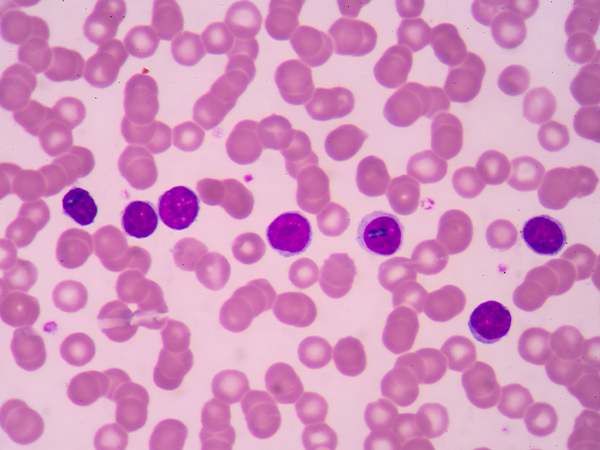More Lung Cancer Patients Get Additional Immunotherapy Option
The U.S. Food and Drug Administration approval provides a new option for patients whose disease has worsened after treatment with chemotherapy

Use of the immunotherapeutic nivolumab (Opdivo) has been
expanded by the U.S. Food and Drug Administration (FDA) to include certain patients with advanced non-small cell lung cancer (NSCLC).
NSCLC is the most common type of lung cancer. There are two forms of NSCLC, squamous and nonsquamous. The FDA approval makes nivolumab an option for physicians treating patients with metastatic, nonsquamous NSCLC that has progressed during or after treatment with platinum-based chemotherapy.
This approval increases the number of immunotherapy treatment options for advanced NSCLC.
In March 2015, the FDA approved nivolumab for treating patients with advanced squamous NSCLC that has progressed during or after treatment with platinum-based chemotherapy and in October 2015, the agency approved pembrolizumab (Keytruda) for treating patients with metastatic NSCLC that tests positive for PD-L1 using the PD-L1 IHC 22C3 pharmDx test and whose disease has progressed after other treatments.
The approval of nivolumab for advanced nonsquamous NSCLC was based on results from the CheckMate 057 phase III clinical trial, which were published in The New England Journal of Medicine. In short, nivolumab extended overall survival compared with the conventional chemotherapy drug docetaxel, which is standard of care for patients with advanced NSCLC that has progressed during or after initial chemotherapy.
Donna Fernandez, from Rowlett, Texas, who was diagnosed with metastatic, nonsquamous NSCLC in 2012, said in the AACR Cancer Progress Report 2015, “Nivolumab has been a miracle drug for me, especially compared with [traditional] chemotherapy.”
Nivolumab works by releasing the PD-1/PD-L1 brake on cancer-fighting immune cells called T cells. Results from CheckMate 057 suggested that the benefit of nivolumab was greatest amongst those patients whose tumors were found to have the protein PD-L1 on the surface when analyzed using the PD-L1 IHC 28-8 pharmDx test. Although physicians are not required to use this test before treating patients with metastatic, nonsquamous NSCLC with nivolumab, the FDA approved the test to provide physicians with a tool to help determine which patients may benefit most from treatment with nivolumab.
The FDA approval was rendered on Oct. 9, 2015.
